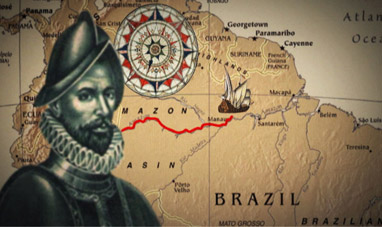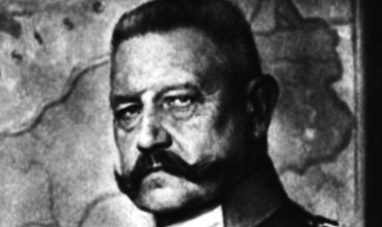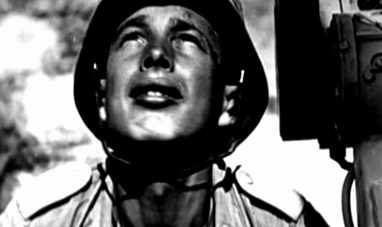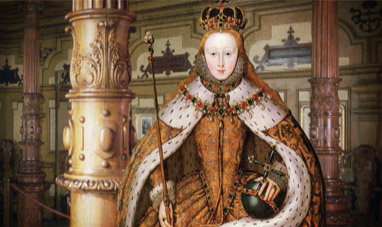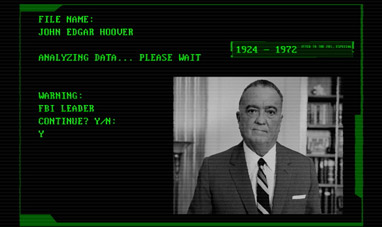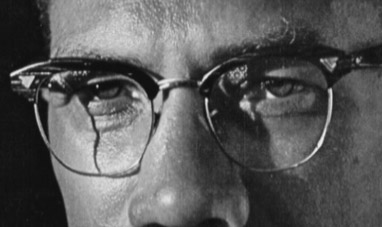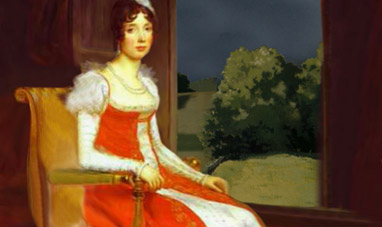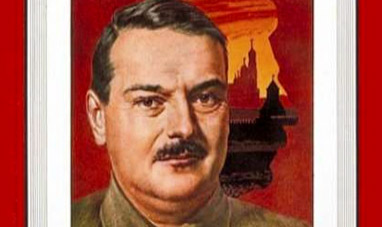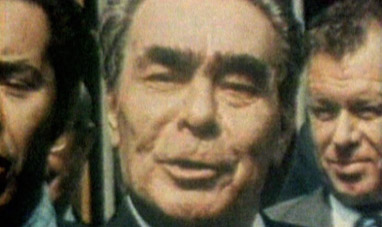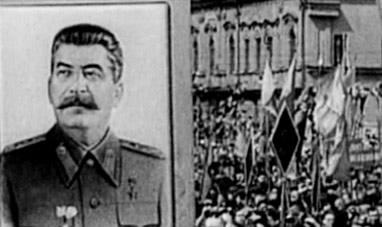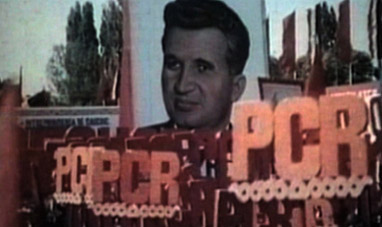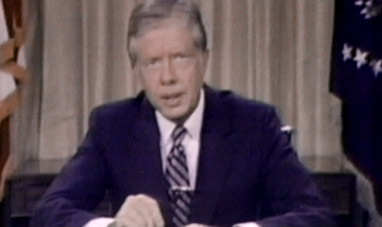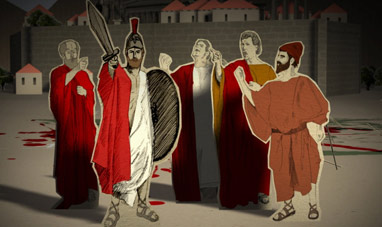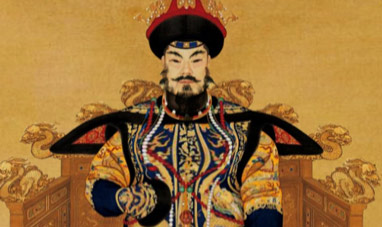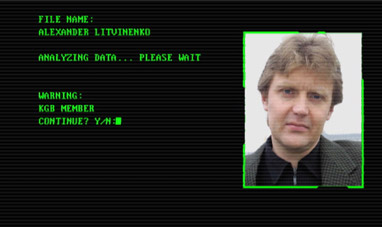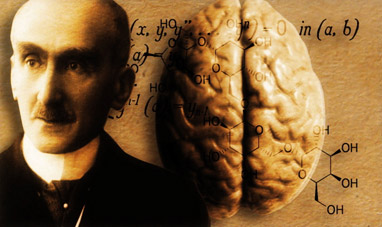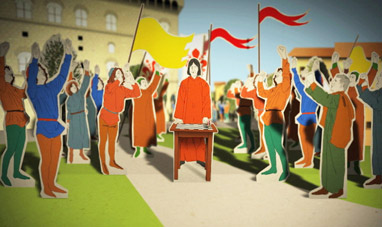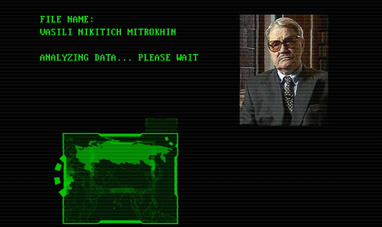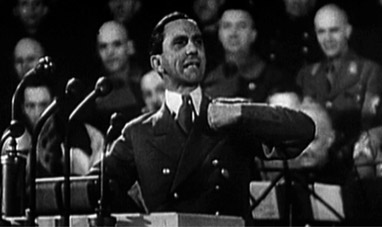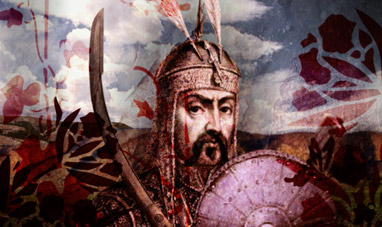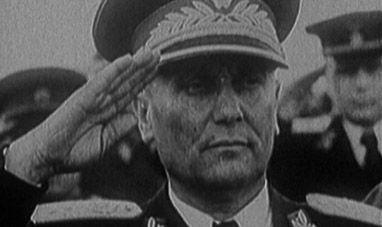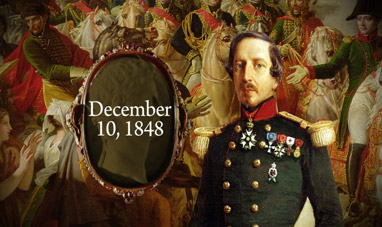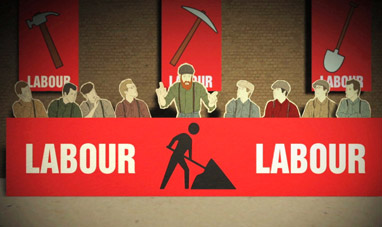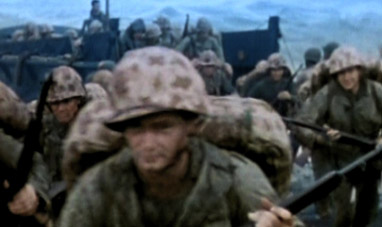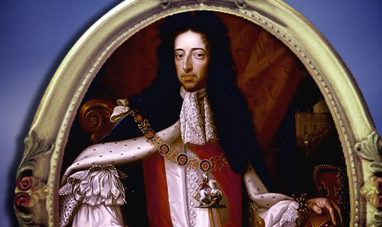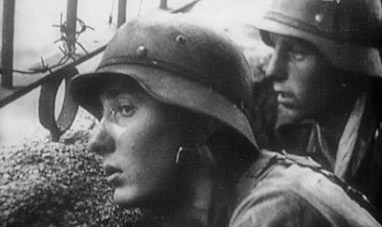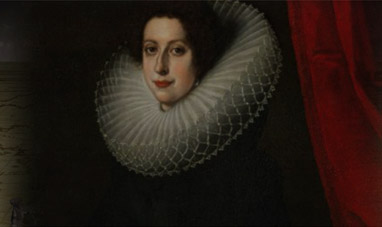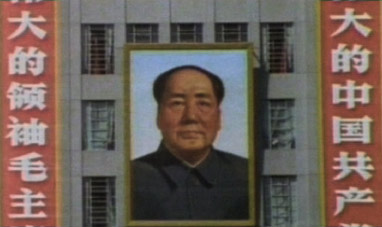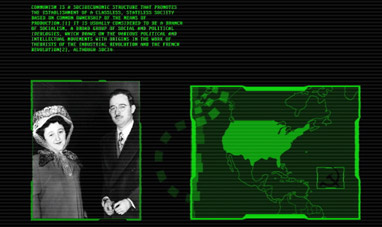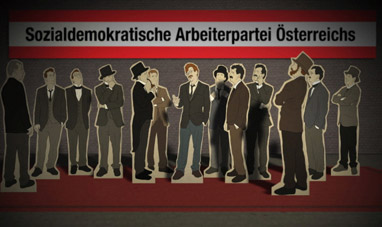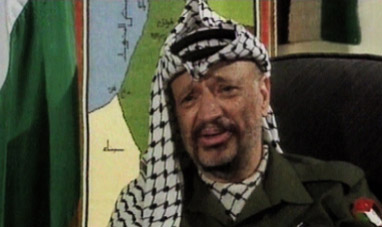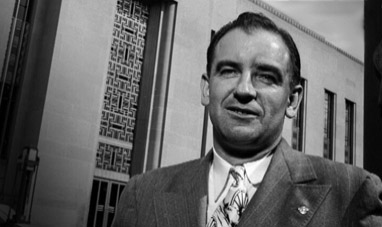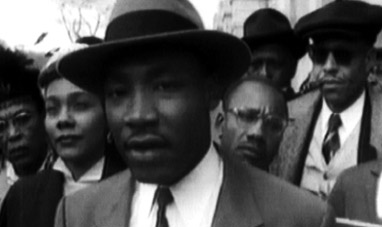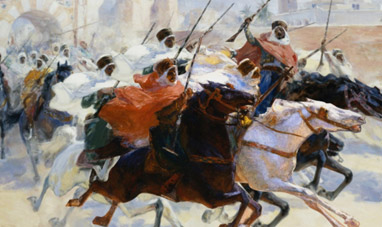Sir Winston Churchill, a British statesman, was a prominent figure in 20th-century history. He was born on November 30, 1874, in Woodstock, in Oxford county. His father was an English aristocrat, his mother was a wealthy American. Churchill attended a prestigious military academy at Sandhurst. He took part in military expeditions to Cuba, India, Sudan and Afghanistan, both as an officer and as a war correspondent. He became well-known publicly thanks to his reporting and books. Churchill entered politics when he was 25 with the Conservatives, and quickly distinguished himself as an orator. Disagreements with the party led him to side with the Liberals, with whom he was elected in 1906.
He became Minister of Commerce and Industry in 1908 and promoted social reform, which made him extremely popular. He introduced the eight-hour workday and the minimum wage. In 1911, when the German Empire’s military expansionism began to cause concern, Churchill was named First Lord of the Admiralty, a key role in the Royal Marines. He was Minister of Munitions during World War One. When the war was over he spoke out against the harsh conditions imposed on Germany after its defeat. He understood that German resentment could pose a serious threat to the European order. After rejoining the Conservative Party in 1924, he became Chancellor of the Exchequer. His firm-handed economic policy, aimed at fighting inflation, was one of the causes of his party’s defeat in the 1929 elections. Churchill took a step back from politics, but often contributed to public debate, warning of the dangers of Nazism.
After World War Two broke out, the Conservatives, back in office, asked Churchill to accept the Prime Minister’s seat. Many regarded him as the right man to lead Great Britain during the war. Between 1940 and 1945 he put all of his considerable strategic and political skills to work. Especially memorable were his speeches to the nation, during which he prompted the British people to bear “blood, sweat and tears,” and to pursue victory at all costs. Churchill became very popular: his bulky build, top hat and ever-present cigar made him a well-known figure around the world. In 1945, at the Yalta Conference, Churchill was one of the heads of state who decided the post-war geopolitical balance of power. Europe was divided into two blocs, one influenced by the US and its allies, the other dominated by the Soviet Union. Churchill, a fervent anticommunist and promoter of alliances among Western democracies, would call the invisible line separating the two blocks the Iron Curtain. In the United Kingdom, the Conservatives lost the 1945 elections to the Labour party. Churchill wrote a monumental memoir, The Second World War, which earned him a Nobel Prize in Literature. He was prime minister again in 1951, and retired from politics in 1955, at age 80. Sir Winston Churchill died in London on January 24, 1965. He was 90
He became Minister of Commerce and Industry in 1908 and promoted social reform, which made him extremely popular. He introduced the eight-hour workday and the minimum wage. In 1911, when the German Empire’s military expansionism began to cause concern, Churchill was named First Lord of the Admiralty, a key role in the Royal Marines. He was Minister of Munitions during World War One. When the war was over he spoke out against the harsh conditions imposed on Germany after its defeat. He understood that German resentment could pose a serious threat to the European order. After rejoining the Conservative Party in 1924, he became Chancellor of the Exchequer. His firm-handed economic policy, aimed at fighting inflation, was one of the causes of his party’s defeat in the 1929 elections. Churchill took a step back from politics, but often contributed to public debate, warning of the dangers of Nazism.
After World War Two broke out, the Conservatives, back in office, asked Churchill to accept the Prime Minister’s seat. Many regarded him as the right man to lead Great Britain during the war. Between 1940 and 1945 he put all of his considerable strategic and political skills to work. Especially memorable were his speeches to the nation, during which he prompted the British people to bear “blood, sweat and tears,” and to pursue victory at all costs. Churchill became very popular: his bulky build, top hat and ever-present cigar made him a well-known figure around the world. In 1945, at the Yalta Conference, Churchill was one of the heads of state who decided the post-war geopolitical balance of power. Europe was divided into two blocs, one influenced by the US and its allies, the other dominated by the Soviet Union. Churchill, a fervent anticommunist and promoter of alliances among Western democracies, would call the invisible line separating the two blocks the Iron Curtain. In the United Kingdom, the Conservatives lost the 1945 elections to the Labour party. Churchill wrote a monumental memoir, The Second World War, which earned him a Nobel Prize in Literature. He was prime minister again in 1951, and retired from politics in 1955, at age 80. Sir Winston Churchill died in London on January 24, 1965. He was 90

